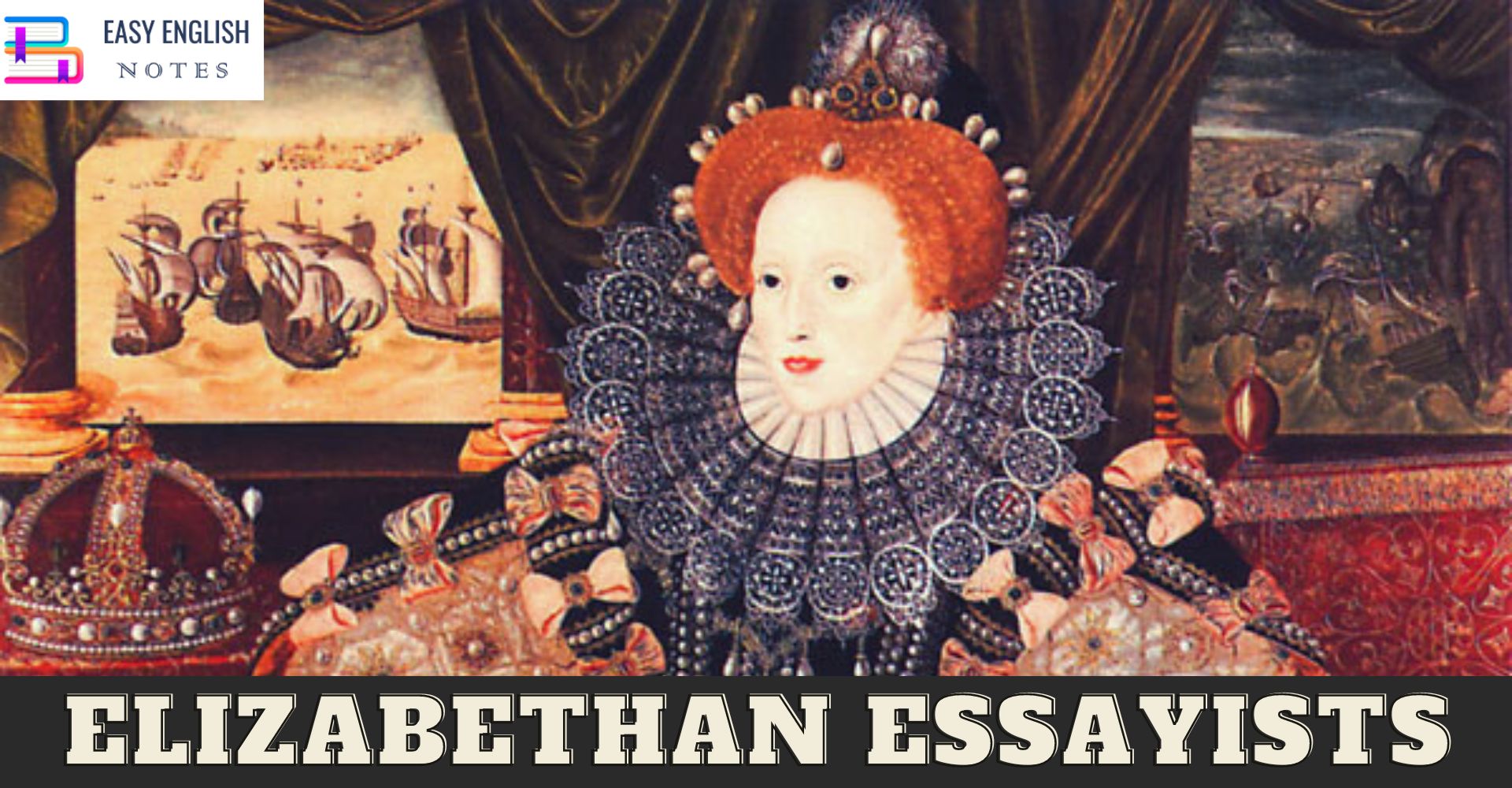The Essay, which Montaigne began in France, was a very popular prose form during this period, the year 1597, when sir Francis Bacon Published his ten essays, marks the beginning of essay writing in England.
Sir Francis Bacon (1561-1626) – a man of versatile genius and achievements, wrote different type of prose which is philosophical in The Advancement of Learning (1605), Historical in the History of Henry Seven (1622), and speculative in New Atlantis (1626), which remained incomplete due to his death.
Bacon’s character was full of contradictions. Macaulay said that he was the supreme example of shining intellect conjoined to an object and base moral nature.
“If parts allure thee, think how Bacon shined The wisest the brightest and the meanest of mankind”
Also Read :
- Compare Hamlet with Macbeth, Othello and other Tragedies
- “The Pardoner’s Tale” is the finest tale of Chaucer
- Prologue to Canterbury Tales – (Short Ques & Ans)
- Confessional Poetry – Definition & meaning
Bacon is the father of essay writing in English prose. He occupies a permanent place due to his essays, ten in number which appeared 1597. The second edition 1612 and the third edition 1625 raised the number of essays to 38 and 58 respectively. They are on familiar subject and express to quote his own words, “the dispersed meditations” of a trained and a disciplined mind. They contain practical wisdom and are written in clear, lucid and aphoristic style. Bacon’ essays are a record of his outlook on world throughout the years of his active life.
In his essay, Bacon writes, Rickett, emerges as “the pioneer of clear, sententious English that suggests rather than expounds, and blends dignity with familiarity, in that pleasant and attractive manner which is the secret of the power of all our greatest essayists”. His images and figures of speech are simple and clearly illustrate the idea that he wishes to communicate. His essays are argumentative and objective, not personal and subjective. There are some other essayists of Elizabethan period who showed their talents and skills in the field of Essays.
John Florio (1553-1625) – Florio was an Italian-born writer and translator who is best known for his translation of Montaigne’s Essays into English. He also wrote his own essays, which were notable for their wit, erudition, and linguistic playfulness.
Richard Hooker (1554-1600) – Hooker was an Anglican theologian and author of the influential work Of the Laws of Ecclesiastical Polity. Although his writing is primarily focused on religious and political topics, he also wrote essays on a variety of subjects, including education and the nature of knowledge.
Thomas Nashe (1567-1601) – Nashe was a prolific pamphleteer and satirist who wrote on a variety of topics, including politics, religion, and social issues. His essays are characterized by their humor, irreverence, and subversive tone.
Robert Greene (1558-1592) – Greene was a playwright and prose writer who wrote on a wide range of topics, including love, politics, and philosophy. His essays are notable for their poetic language and their exploration of the human condition.
These essayists, contributed to the development of the English essay as a literary form during the Elizabethan era. Their works remain influential today and continue to be studied and admired by scholars and readers alike.
PLEASE HELP ME TO REACH 1000 SUBSCRIBER ON MY COOKING YT CHANNEL (CLICK HERE)











